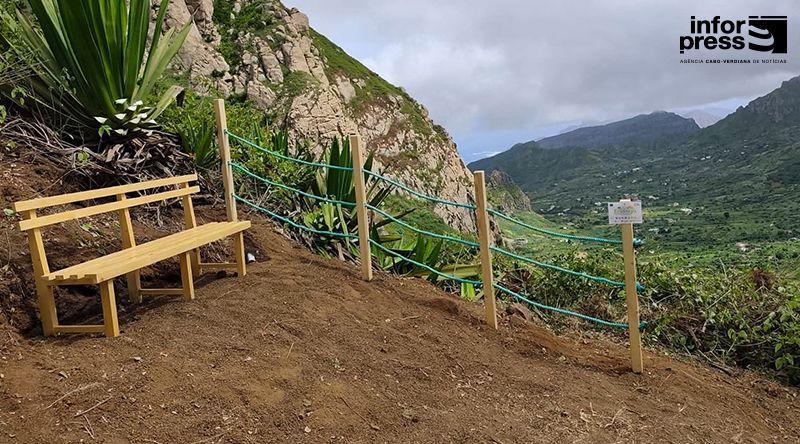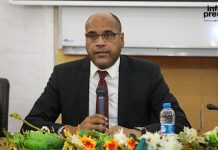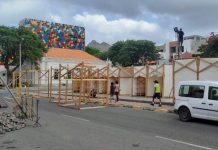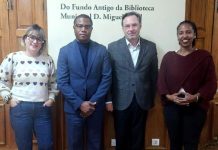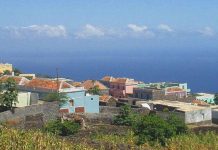Africa-Press – Cape verde. The Eco-Roots Project announced this Monday the completion of two new viewpoints in Assomada de Mancebo and the start of a safety intervention at a critical point on the Ribeira Funda path, in São Nicolau.
In a statement, the project highlighted that the two viewpoints now completed offer distinct perspectives on some of the island’s most emblematic landscapes, Assomada de Mancebo. One provides a panoramic view over the Fajã Valley, while the second faces the imposing Fragata Valley and Ribeira Prata, creating a space for rest, contemplation, and appreciation of the local natural heritage.
According to the project, these infrastructures reinforce the commitment to sustainable tourism and contribute to improving the experience of residents and visitors.
At the same time, it announced that a surgical intervention is being carried out on a sensitive stretch of Ribeira Funda, where fatal accidents have already occurred due to rockfalls and the impact of the tide.
The action aims to increase the safety of trail users and reduce risk in particularly exposed areas, integrating with the broader effort to improve the island’s trail network.
With these initiatives, the project aims to consolidate São Nicolau as a “benchmark destination in nature tourism”.
In total, the Eco-Raízes project foresees the construction of six viewpoints, with the Monte Vermelho viewpoint and the two Assomada de Mancebo viewpoints already completed. Viewpoints at Carbeirinho and another offering a privileged view from Hortelã to Tarrafal are also planned.
The project is also progressing with the installation of the Botanical Garden in the Monte Gordo Natural Park, a structure dedicated to environmental education and the appreciation of biodiversity, which should reinforce the park’s visitor offerings.
Promoted by ADPM Mértola, EcoRaízes is developed in partnership with the Ministry of Agriculture and Environment, through the delegations of Santo Antão and São Nicolau, as well as the municipal councils of Paul, Porto Novo and Ribeira Grande (Santo Antão) and Ribeira Brava and Tarrafal (São Nicolau).
The project is co-financed by the European Union in Cape Verde and by Portuguese Cooperation, through Camões — Institute for Cooperation and Language.
For More News And Analysis About Cape verde Follow Africa-Press

